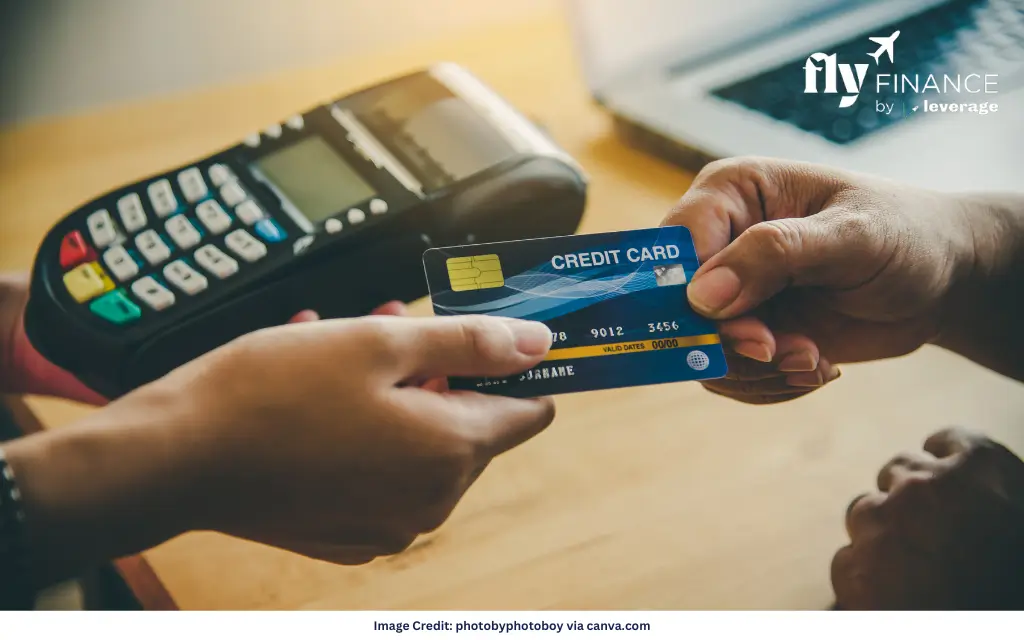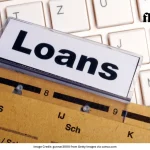Thinking about using a credit card to pay off student loans? It sounds tempting—maybe to earn rewards or buy some extra time—but is it really a good idea? While some private lenders allow it through third-party services, federal loan servicers usually don’t. The bigger question is: Does it help or hurt your finances in the long run?
Sure, you might earn cashback or points, but high interest rates and fees could quickly erase those benefits. Plus, turning student debt into credit card debt can be risky. In this post, we’ll break down whether paying student loans with a credit card is worth it, its pros and cons, and the best ways to do it safely.
Table of contents
Can I Use a Credit Card to Pay a Student Loan?
Yes, in some cases you can use a credit card to pay off your student loans. Though there are benefits to doing so, it’s a strategy loaded with risks and isn’t generally recommended. Most federal student loan servicers in the US don’t directly accept credit card payments.
You might look for third-party services, but their fees can be high, negating any potential benefit. Even if you find a way to use a credit card, the interest rate on credit card debt is typically much higher than your student loan interest rate. This could end up costing you more money in the long run.
Also Read: Learn all about Student loan refinance and understand when you should consider lowering the interest rates on education loans.
How To Pay Student Loan with a Credit Card?
While directly paying your student loans with a credit card might not be straightforward, there are a few roundabout methods. However, each approach comes with significant drawbacks, so weigh the risks carefully before proceeding:
- Third-party payment services: Companies like Plastiq let you use a credit card to pay bills, but they charge fees (around 2.9% + delivery fees) that can eat into your savings. Not all credit cards allow this option either.
- Balance transfers: Some cards offer 0% APR introductory periods on balance transfers. This could be tempting to temporarily move your student loan debt to a credit card. However, you’ll need excellent credit to qualify, and balance transfer fees (often 3-5%) still apply. Ensure you can repay the balance within the introductory period to avoid high interest rates kicking in.
- Cash advances: This is the riskiest option. Cash advances come with hefty upfront fees (3-5%) and sky-high interest rates (up to 29.99%). Only consider this in an emergency, as it can quickly worsen your debt situation.
Benefits of Paying Student Loans with a Credit Card
Those opting to pay off education loans using credit cards can avail of some benefits. These advantages include loan repayment flexibility and a reduction in interest payments.
Repayment Flexibility
After the grace period for your student loans ends, you are required to repay them regularly. If you decide to transfer your student loans to a credit card, you could be offered a minimum balance that suits your current requirements, potentially with a more advantageous Advantageous Percentage Rate (APR). This is one of the key advantages for an individual who decides to pay student loans with a credit card.
Reduction in Interest Payments
When you move your student loan balance to a credit card, you might benefit from a reduced education loan interest rate. Some balance transfer cards provide introductory APRs close to zero per cent, but these favourable rates usually apply only during the initial 12 or 18 months as a cardholder and might involve fees similar to regular credit cards. After the introductory period, your interest rate will increase and apply to any remaining credit card balance you have.
Also, Read: Learn about study abroad loan tips to ease the financial burden and pay off your education loans quickly.
Using a credit card to pay off student loans comes with several significant cons and potential drawbacks. Owing to these disadvantages, most beneficiaries opt out of this repayment option.
High-interest rates
Credit cards often have much higher interest rates compared to student loans. This means you could end up paying much more in interest over time, increasing the overall cost of repaying your debt.
Debt Accumulation and Additional Fees
Credit card debt can quickly accumulate, especially if you have a large student loan balance. This could lead to a cycle of increasing debt and financial stress. Additionally, credit card companies may charge transaction fees or cash advance fees when using them to pay off student loans, adding to the overall cost of repayment.
Negative Credit Score
Another disadvantage for individuals who pay student loans with credit card is high credit card balances. Increased balance amounts can negatively impact your credit score, potentially lowering your creditworthiness and affecting your ability to secure loans or favourable interest rates in the future.
Also Read: Unable to repay student loans can lead to default. Check out What Happens When You Are Defaulting On Student Loan?
Adverse Impact on Credit Utilisation Ratio
Using a significant portion of your available credit can negatively affect your credit utilisation ratio, another factor that can impact your credit score.
Lack of borrower benefits
Student loans may come with borrower benefits, such as deferment options, income-driven repayment plans, or potential loan forgiveness programs. Paying off student loans with credit cards could make you ineligible for these benefits.
Also Read: Want collateral-free loans? Check out the list of banks that offer education loans without collateral.
Financial risk
If you are unable to manage credit card payments effectively, it could lead to missed payments, late fees, and possible collection actions, exacerbating your financial situation.
Student Loan Interest Rate v/s Credit Card Interest Rates
Education loan interest rates are generally lower than credit card rates. However, balance transfer credit cards may offer temporary relief with lower interest rates. Before deciding to use a credit card, students should explore all repayment options, and consult their lenders or financial experts. Alternatively, you can speak to Fly Finance experts to find the best education loan solutions.
FAQs
Yes, beneficiaries of private education loans can repay their loans using a credit card. Students must consult with their lenders to confirm the same and reach out to their credit card providers to explore essential details.
Some of the key advantages include repayment flexibility and low-interest payment with balance transfer cards. Whereas, the disadvantages are high interest rates, additional fees, debt accumulation, negative CIBIL scores, and other financial risks.
Credit card payments to student loan servicers or lenders are often not accepted. However, it is feasible to pay student loans via a third-party payment service or a line of credit, such as by transferring them to a card with a 0% APR period or taking out a cash advance.
Using a credit card for student loans is risky. Third-party services charge fees, balance transfers come with upfront costs, and cash advances have sky-high interest. These are temporary solutions with big downsides. There are better ways to pay off your student loans.
Paying off student loans with a credit card for points is tempting, but risky. Credit card interest rates are much higher than student loan rates. You’d likely end up paying more in interest than you earn in points. There are better ways to tackle student loan debt!
Yes, student loan interest rates are generally lower than credit card interest rates, except during limited-time balance transfer offers.
Cash advances come with high APRs and increase your credit card balance, making them a costly option.
Alternatives include sticking to your original loan agreement, negotiating a repayment plan with your lender, or refinancing.
No, federal student loan servicers typically do not accept credit cards as a payment method, and private student loan providers often don’t either.
Third-party services charge fees for each payment, which can outweigh any credit card rewards you might earn. Plastiq, for example, charges a 2.9% fee.
To know more about education loans, the best bank accounts for students, forex and banking experience for global students or international money transfers, reach out to our experts at 1800572126 to help ease your study abroad experience.
Follow Us on Social Media





























